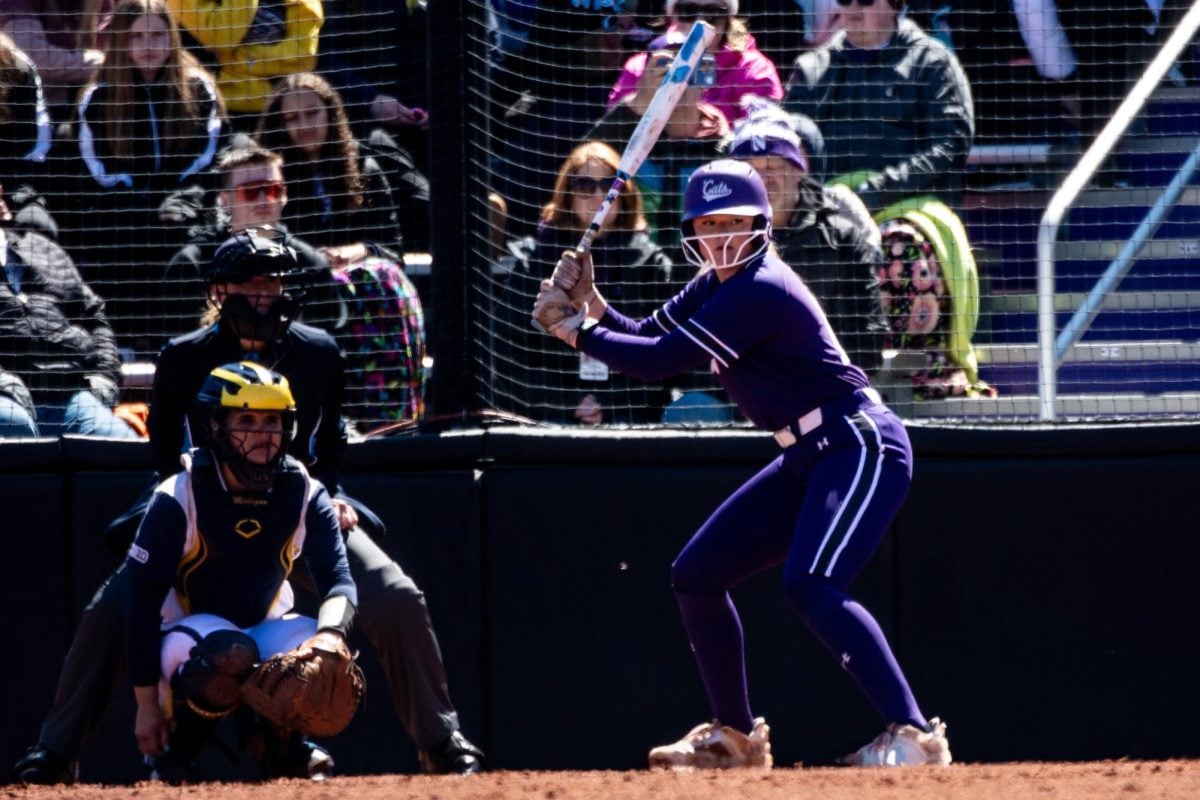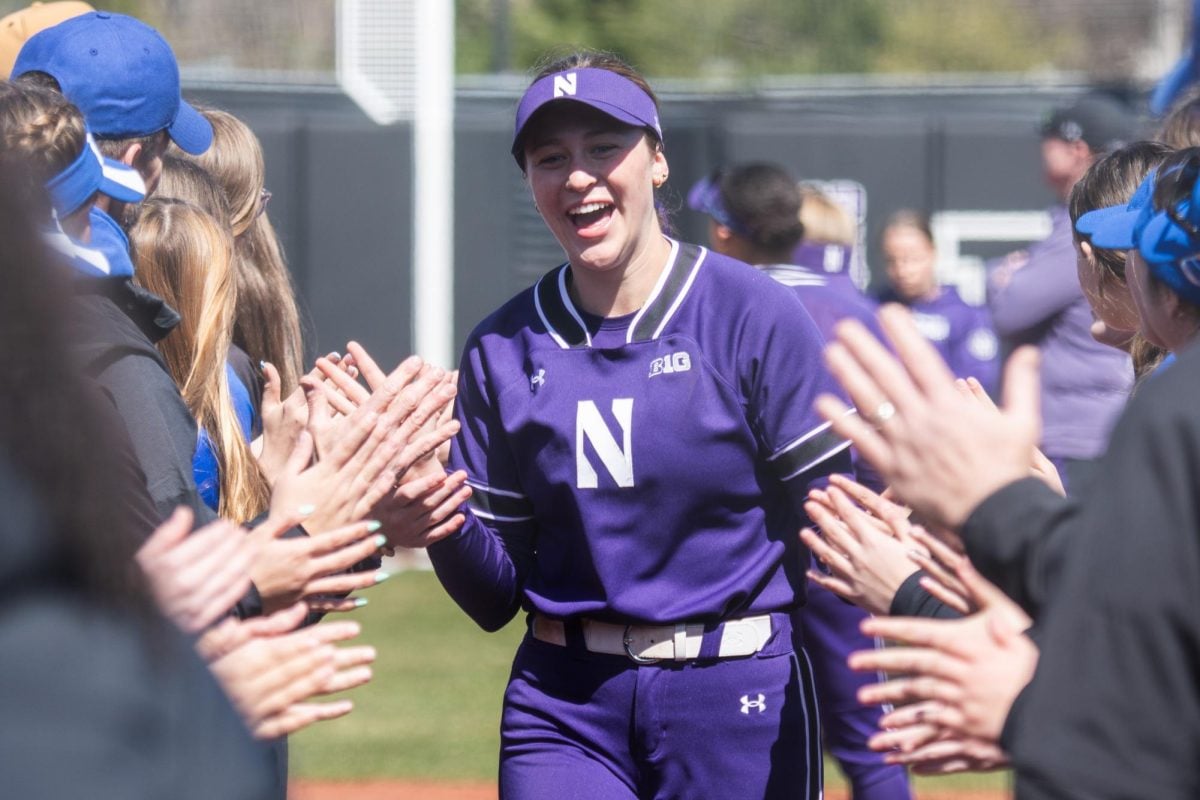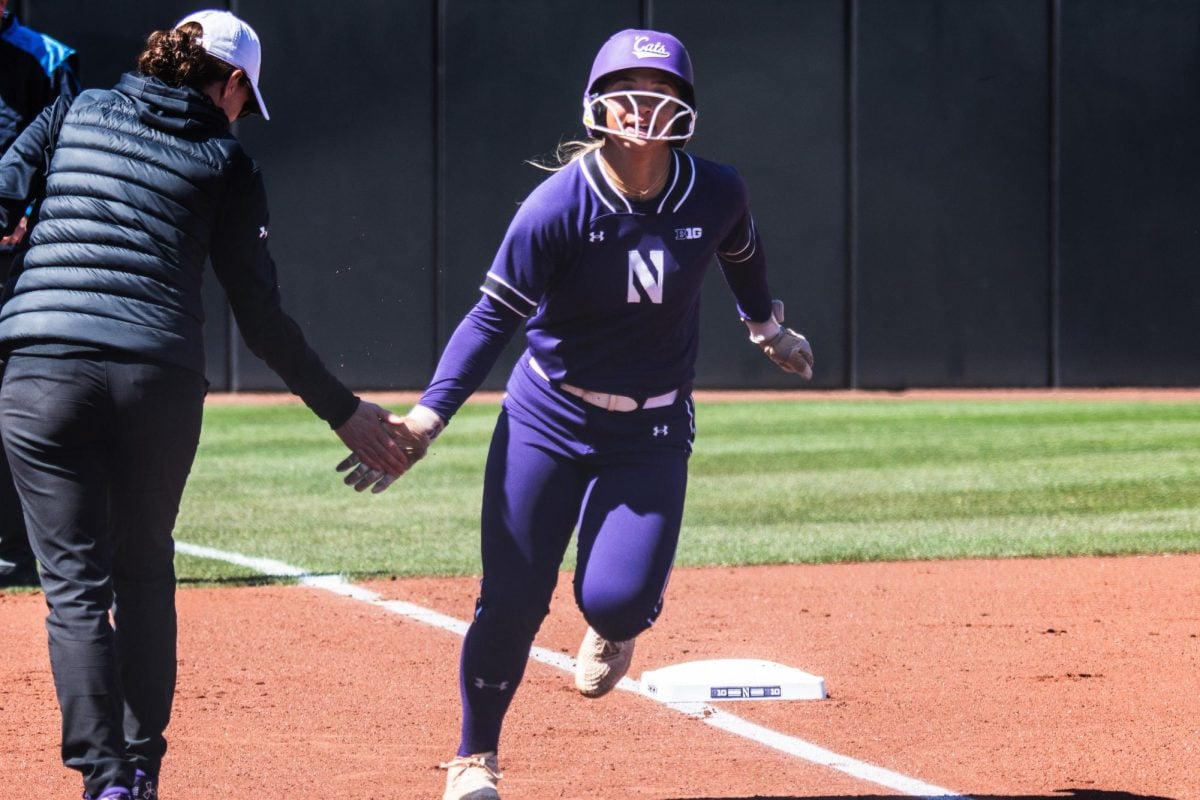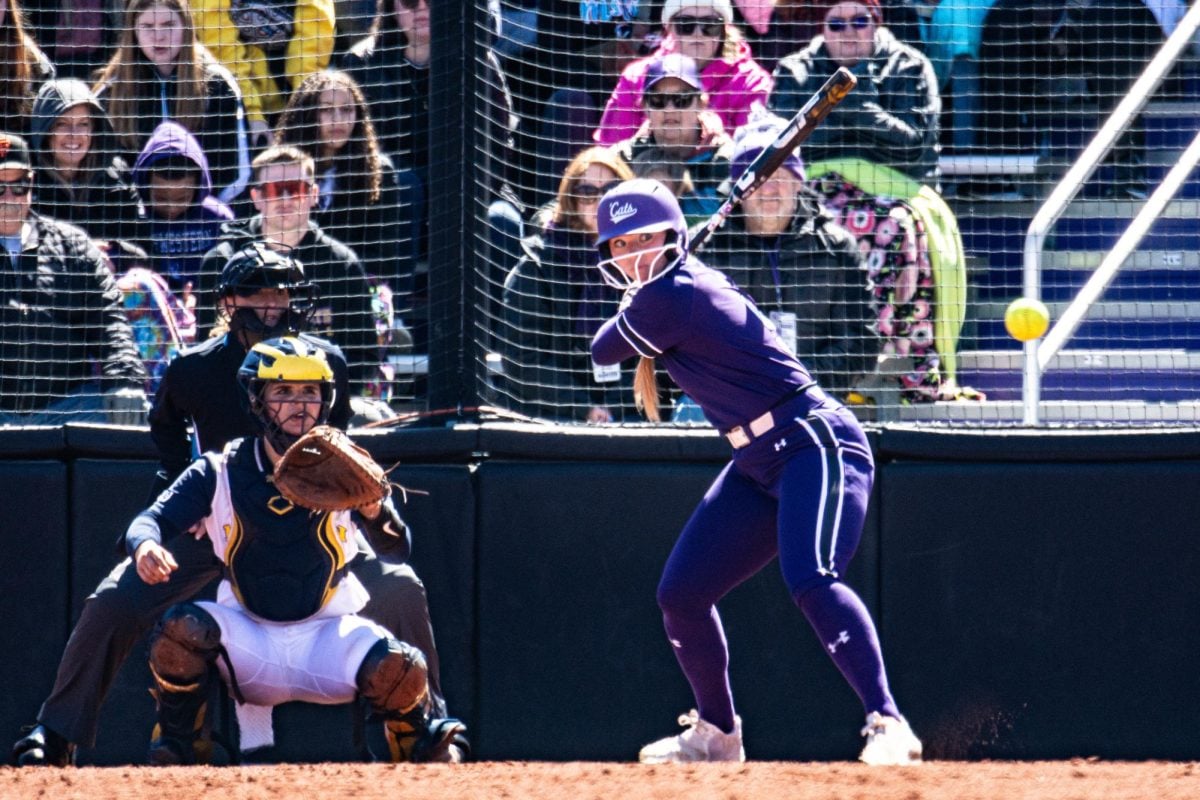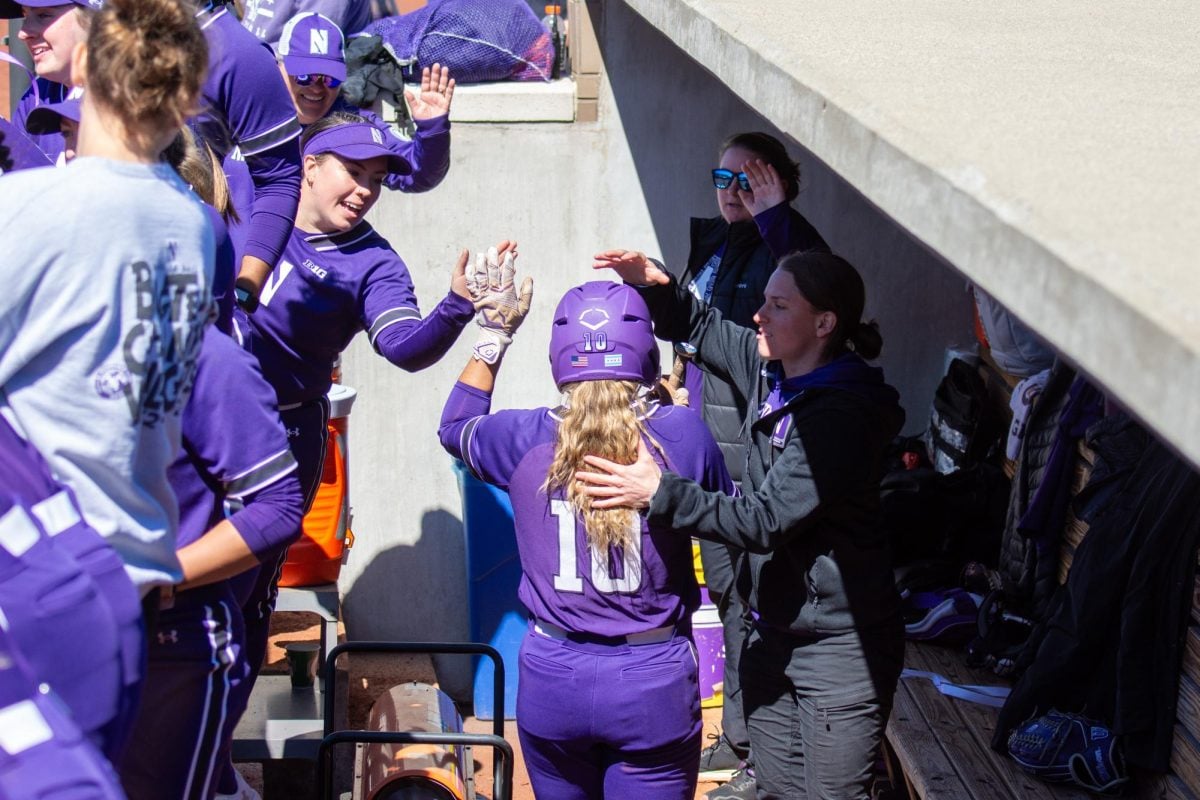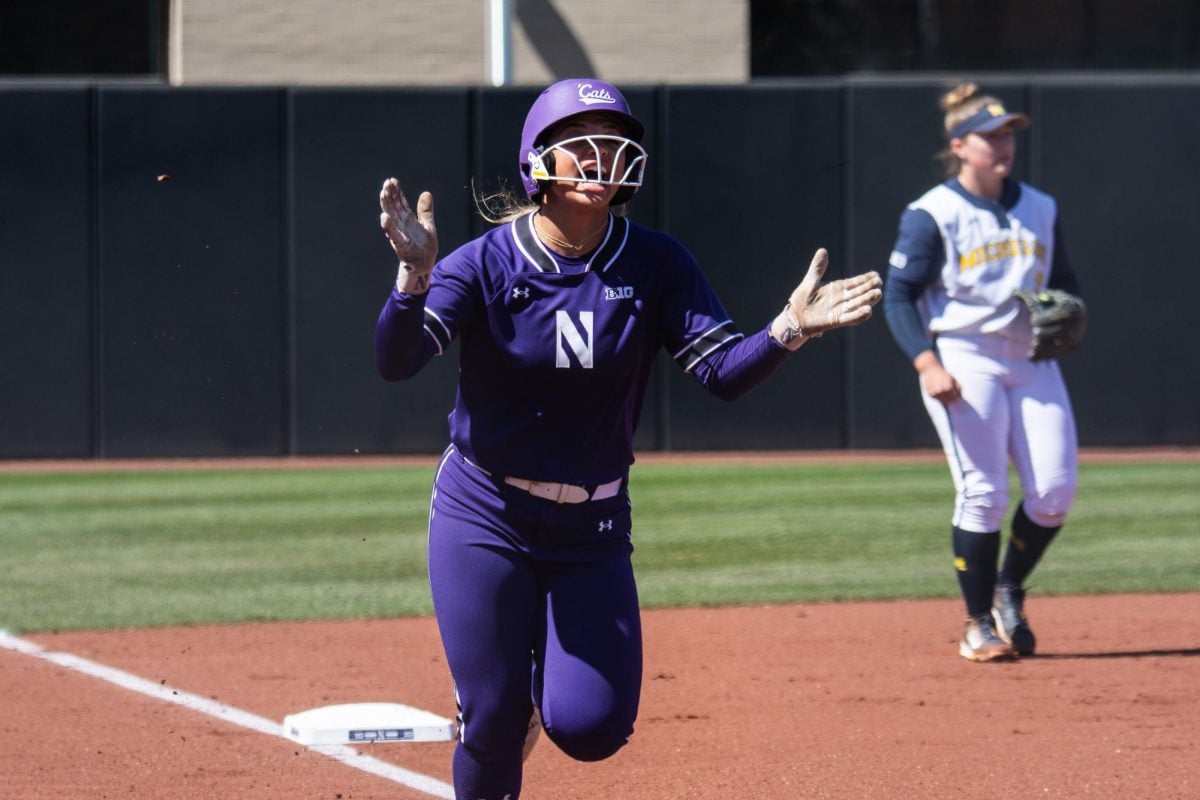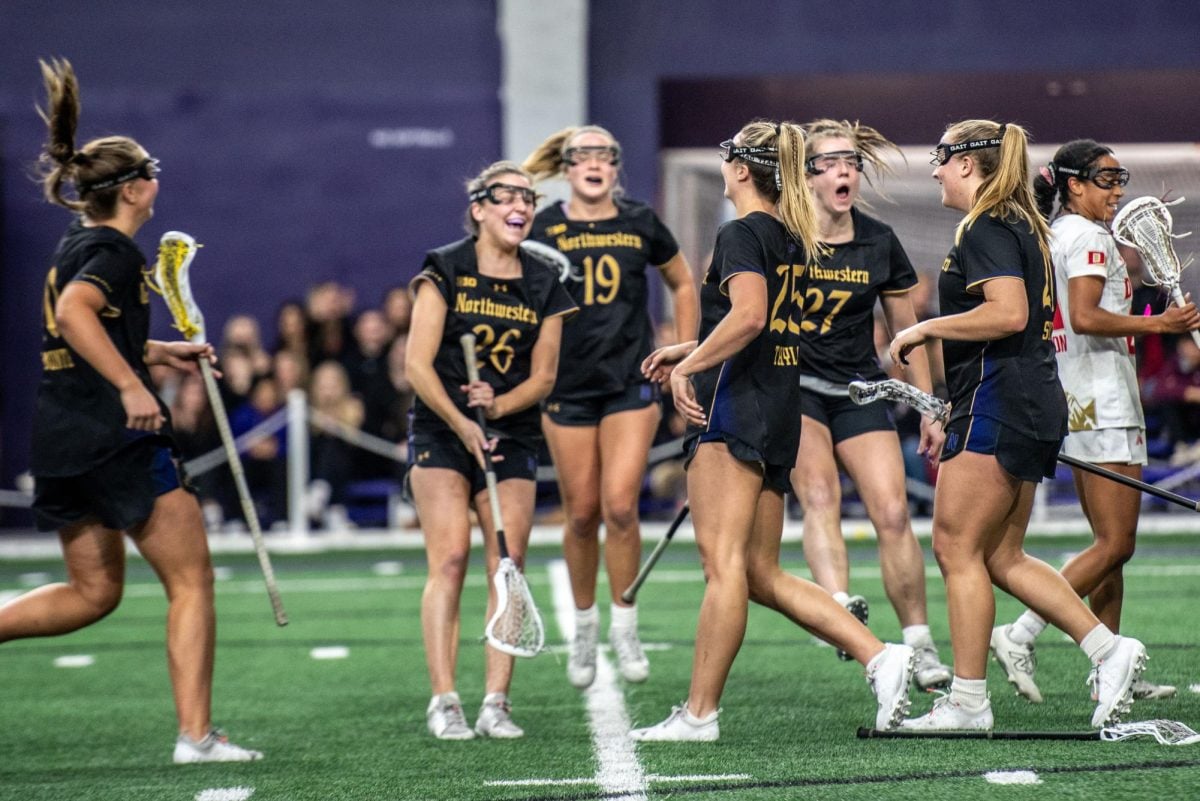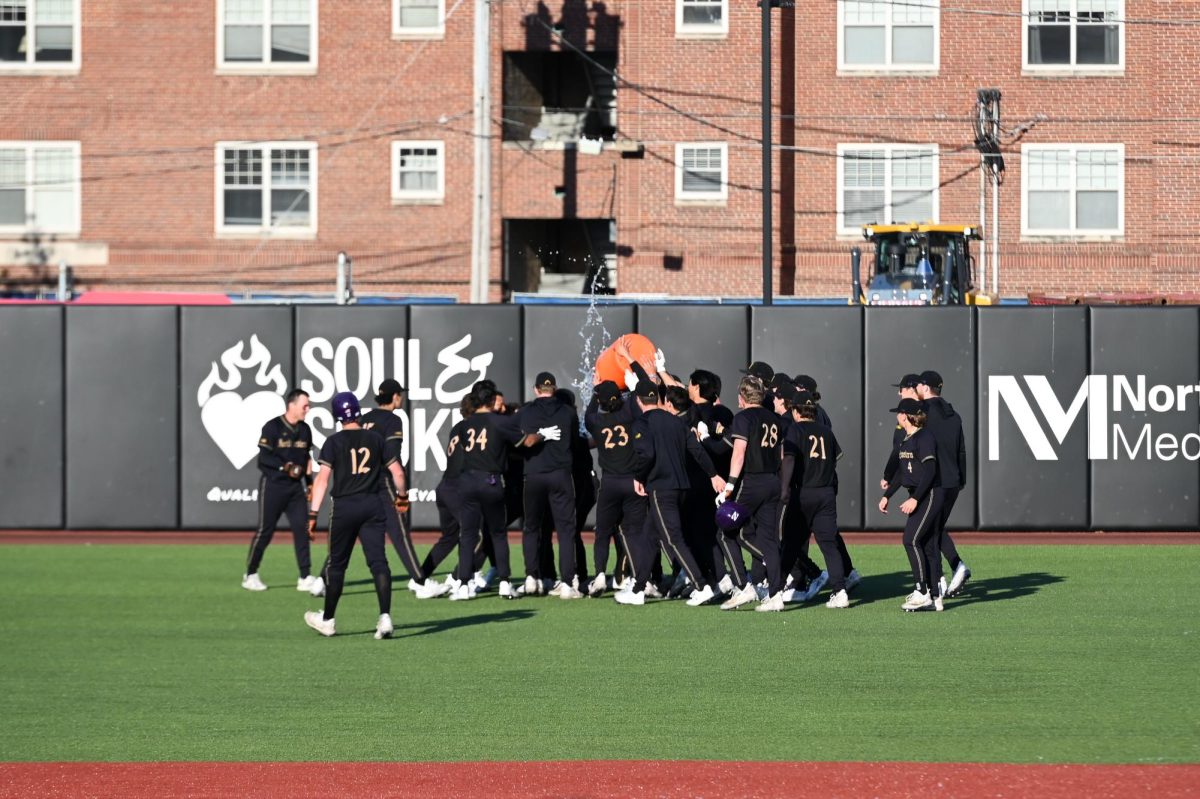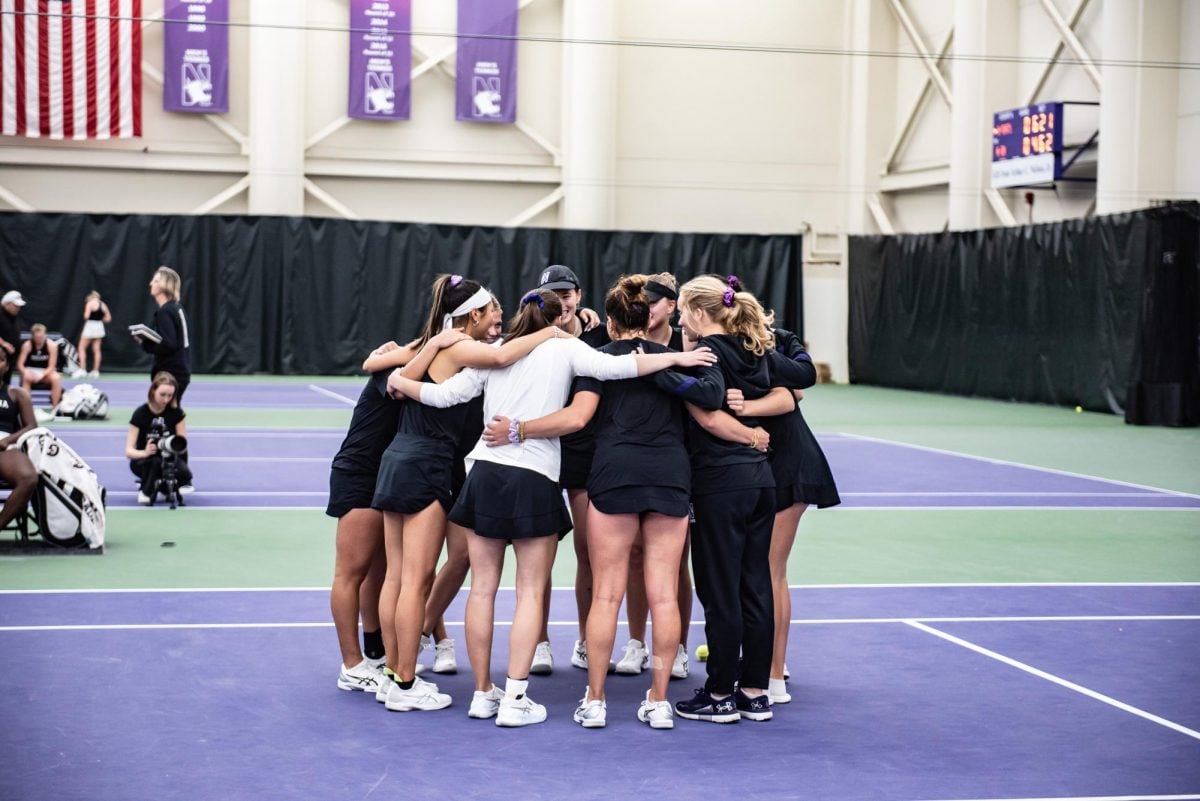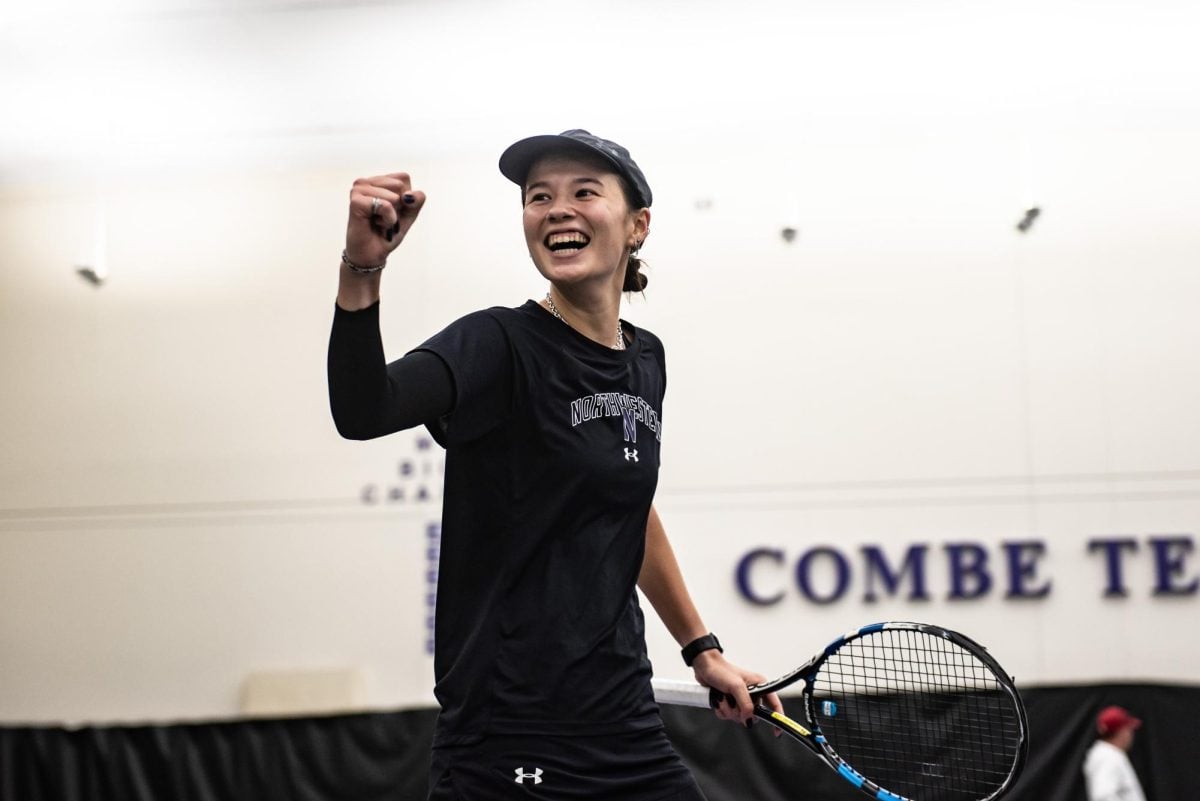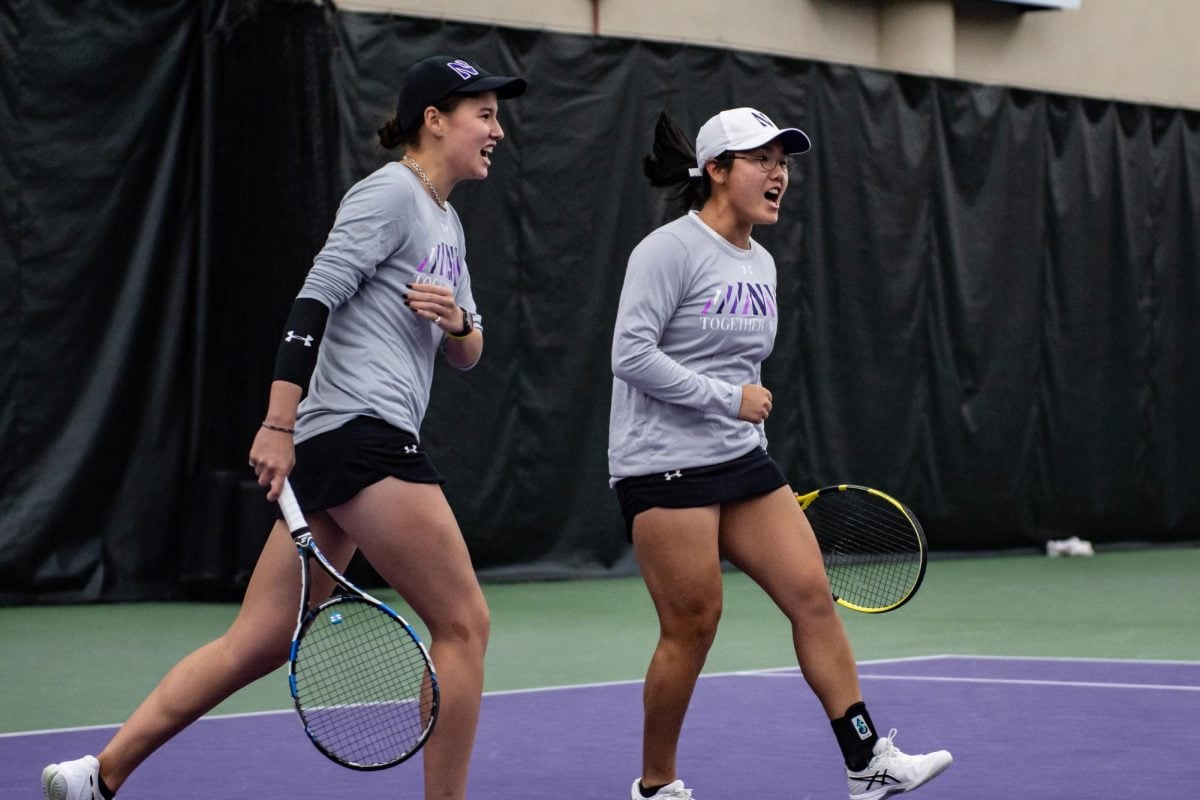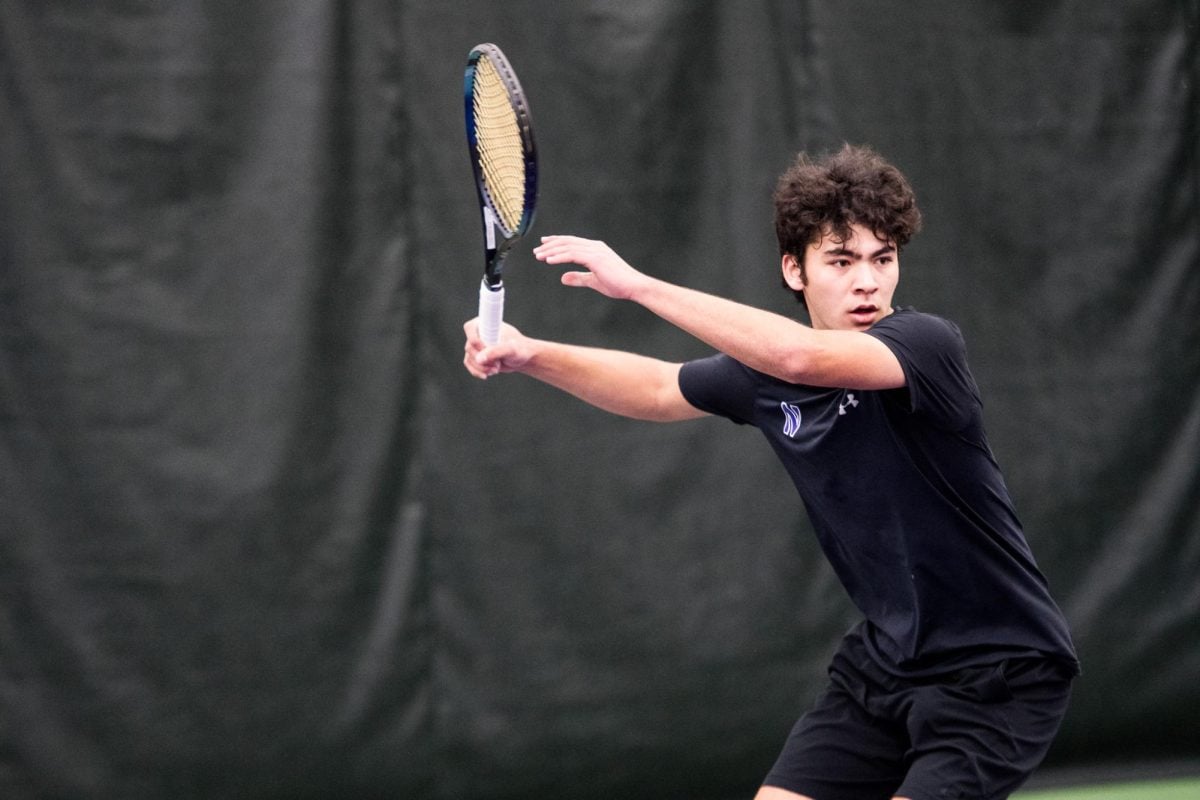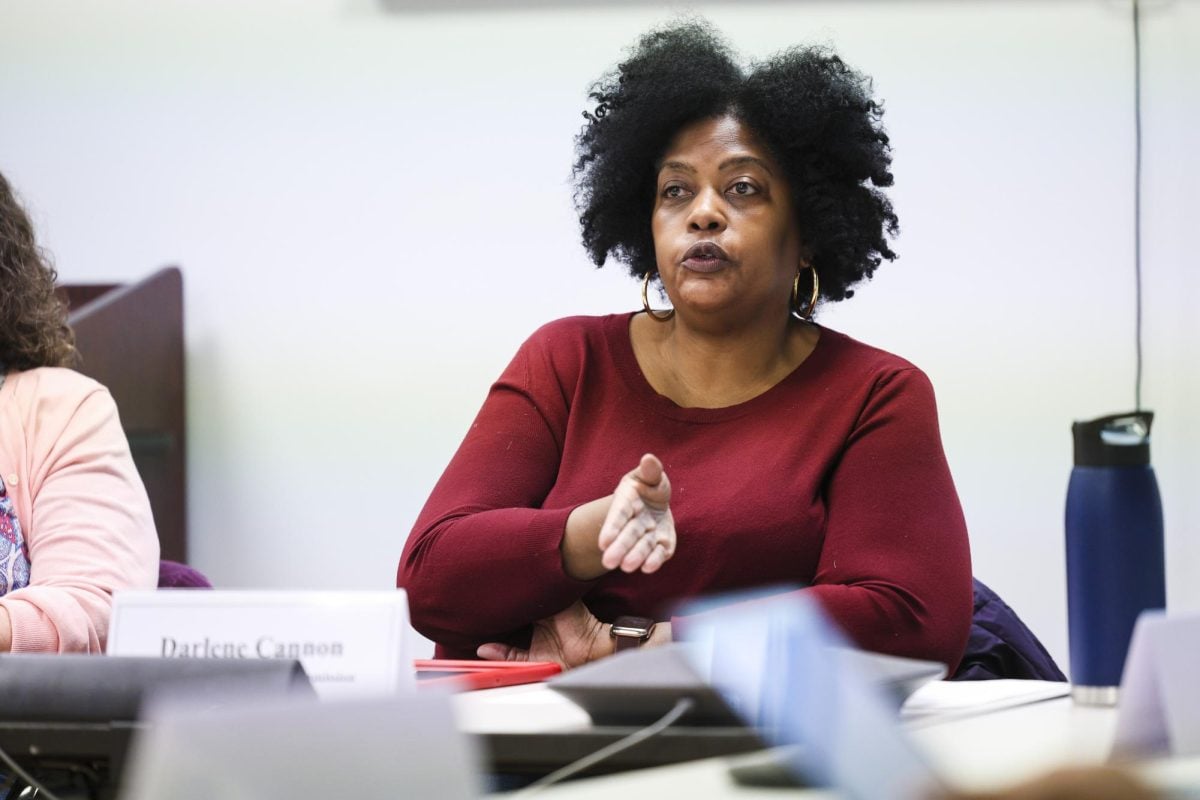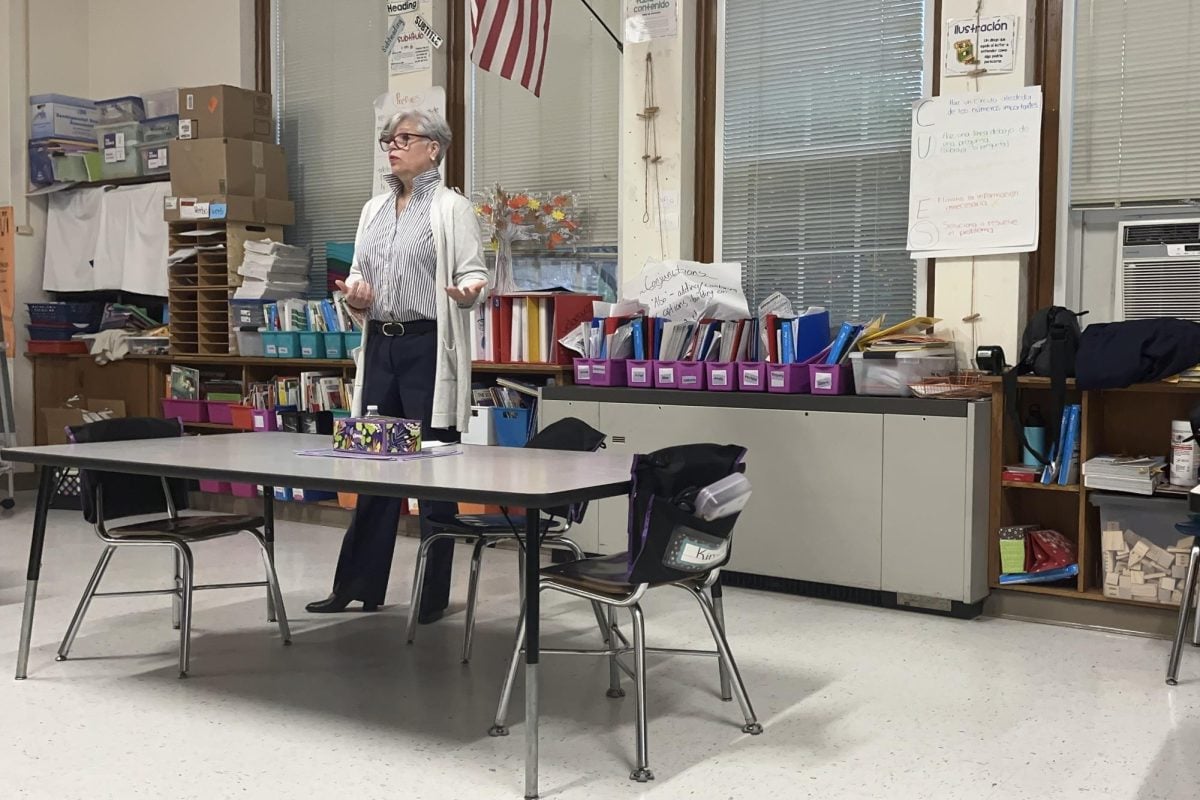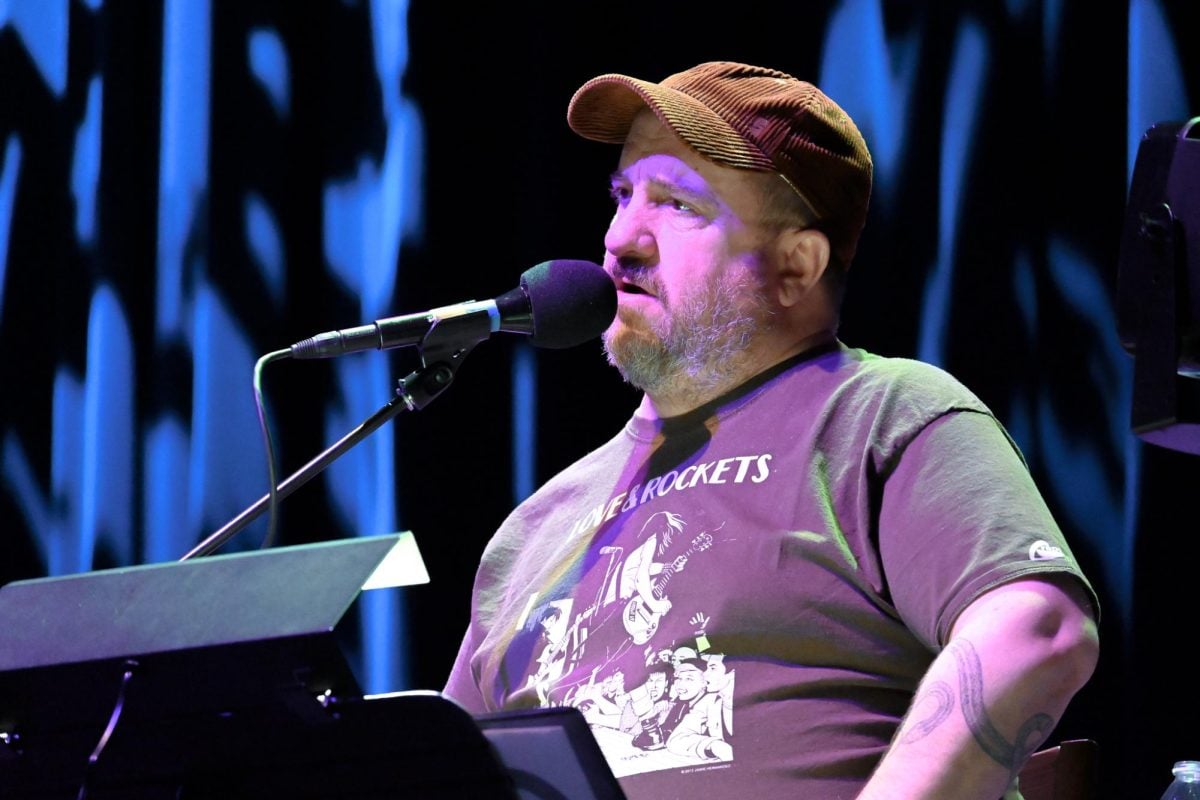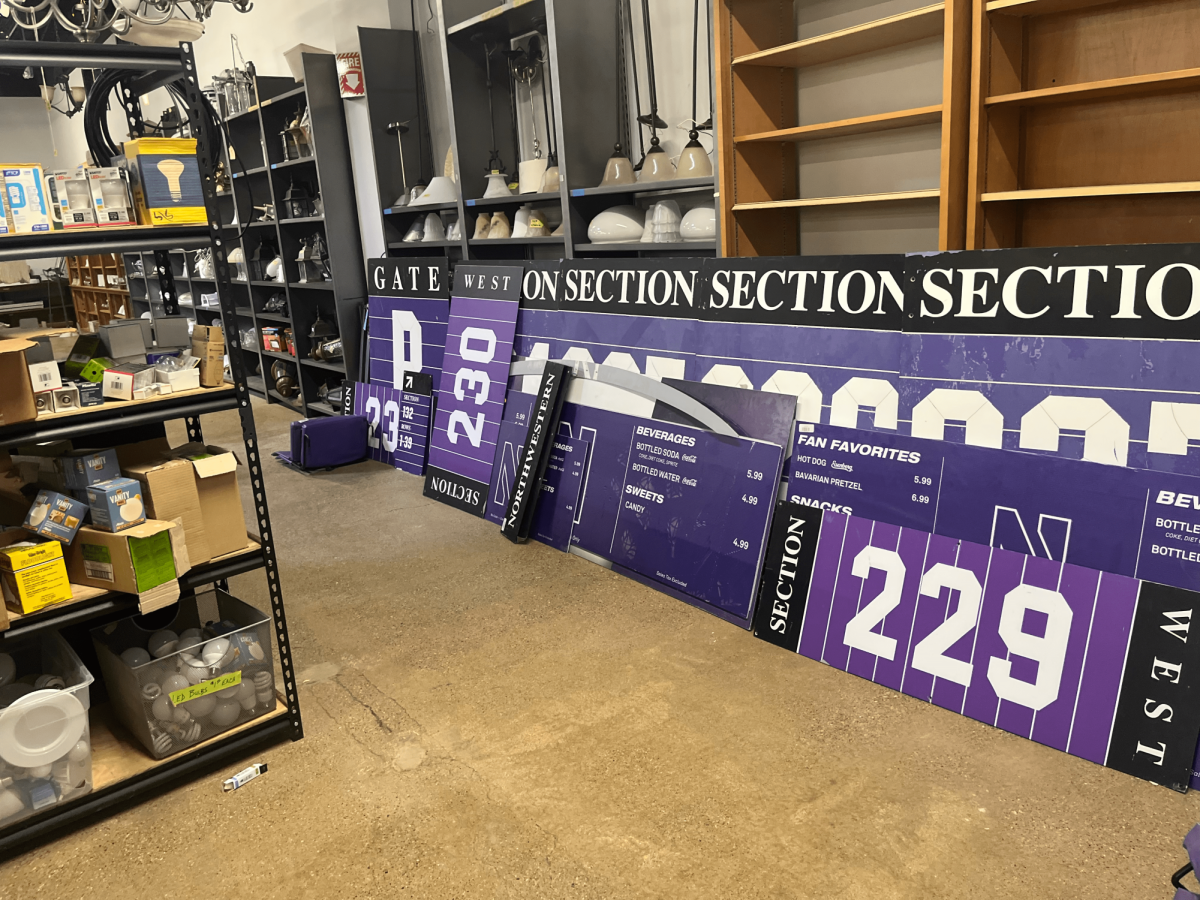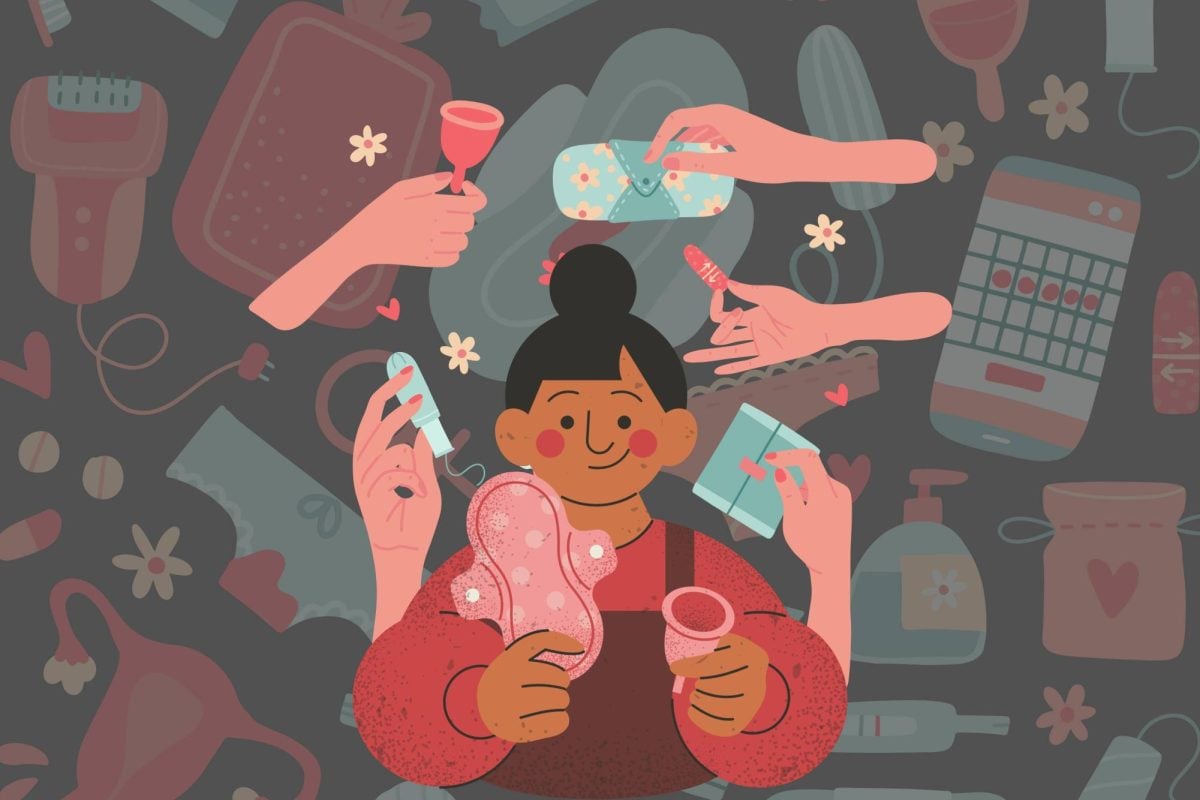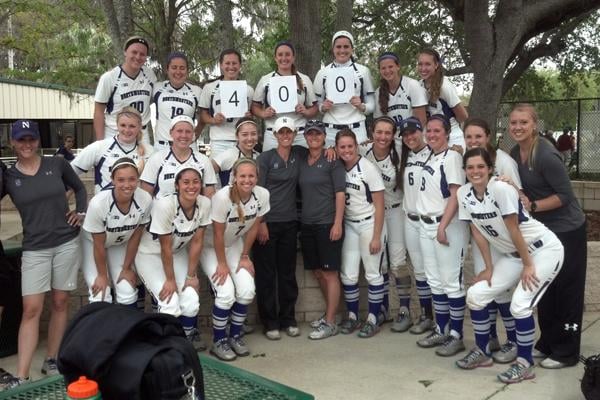
John Drohan has had many second chances in his life.
In 1984, the father of Northwestern softball coaches Kate and Caryl Drohan underwent a heart transplant, which at the time was an extremely risky procedure. He had a 50 percent chance to live two years after the surgery. Yet 20 years later, John was still alive, becoming the longest-surviving recipient of a single-heart transplant at Columbia University Medical Center, and this time was in need of a kidney transplant after the immunosuppressant he took for his heart destroyed his kidney. With their father in need of a kidney, both Caryl and Kate immediately volunteered to be the donor.
Their lack of hesitation may surprise some, but Kate said it all stemmed from the heart transplant in 1984 when she and Caryl were 10 years old.
“We understood it was a scary thing and a dangerous thing for our family,” Kate said. “From there, any time our family was together, we just soaked it all in and we loved it and we appreciated our extra time (with our father).”
The issue was both girls wanted to be the donor and no amount of discussion was going to persuade the other to give up the cause. There was only one way to solve the sisterly dispute: a random coin flip.
Jenny Manz, a volleyball coach at NU at the time, was chosen to flip the coin, although she hardly knew how high the stakes were as the coin shot into the air. After numerous practice tosses, most of which Kate won, the twins agreed the next flip was going to decide who would be the lucky one to donate their kidney.
“I don’t really remember it,” Caryl said. “It’s just like in a game. Once you make a decision, you’re looking forward and saying, ‘What’s the next thing we’re going to do? What’s the next plan?’ There’s no room for any types of thoughts in your brain that instill fear or regret.”
Kate won the toss and was so confident in her decision to donate her kidney, she bent some protocol and did not let the doctors talk her out of the surgery. She met with the doctors the day before the surgery to finalize the test, and the next day she went under the knife.
John was nervous about taking an organ from his daughter, but after the twins found out they were identical during the testing for the surgery, he consented because Caryl could donate her kidney to Kate if it ever became necessary. The surgery was a success and gave John three more years of life before he passed away in October 2007.
The process itself brought to life some interesting discoveries, including a potentially life-saving revelation. John’s younger brother, Brian, was going to donate his kidney to John, but a series of tests revealed he had prostate cancer, a discovery which doctors said probably saved his life.
However, Caryl said the best thing about the process was how close the family became during the tribulations.
“Our brothers are older than us, and everyone was so involved in sports as kids (that) you don’t really get to know them that well,” Caryl said. “With the time we spent with dad when he was sick, it created such a bond with our brothers that that’s the greatest gift I think our father could give to us.”
The entire process occurred almost nine years ago, and neither coach said they would change anything about those few months before the transplant. Kate said she would have liked to have done the operation sooner, but she is grateful for what time she was able to spend with her father after the surgery.
Sunday would have been John’s 72nd birthday. Kate said she misses watching her father do what he loved – being a good father, husband and grandfather. The daughters also miss the smaller things, such as talking to him after games.
“He loved the subtleties of our sport,” Kate said. “He had box scores all over the house. He understood what was going on with the team, and he just loved to talk about it. Win or lose, I really miss those moments of talking with him after the game.”
NU partners this weekend with Donate Life Illinois to help promote organ transplants and encourage people to sign up to be donors. The campaign was originally set to begin in the fall with football season, but given the connection Caryl and Kate have to the cause, they decided to team up with the organization and get an early start to the drive.
The Drohans’ story was so inspirational, Tim Russert wanted to include it in his second book, “Wisdom of our Fathers.” In the book, Russert wrote, “I have never met John Drohan, but he must be a hell of a father.” His daughters agree with the former host of NBC’s “Meet the Press,” saying John pushed them to be better and they enjoyed spending time with him.
“Dad was as good as they get,” Kate said. “He was there for us at every turn. I don’t remember him missing a game. Oftentimes he was coaching us. He was very patient with us. We really loved doing things with him.”

